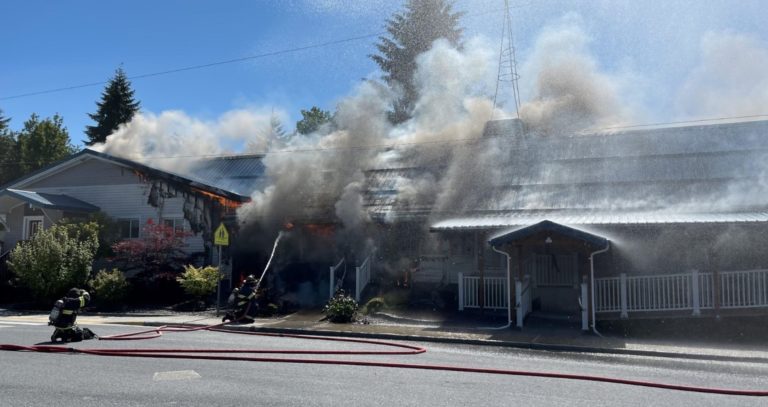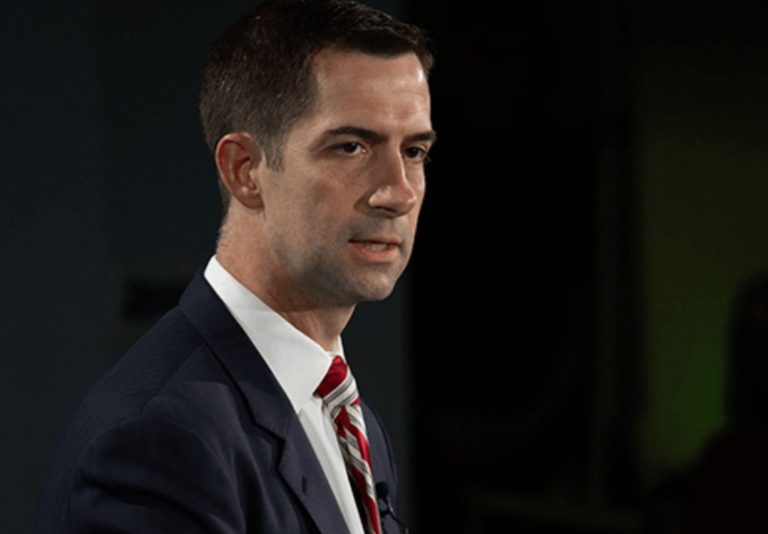The Biden Administration announced on Friday it is sending cluster munitions to Ukraine to help in the fight against the Russian invasion.
Cluster munitions are controversial and President Biden has in the past condemned Russia’s use of these weapons as a possible war crime.
U.S. Sens. Lisa Murkowski (R-AK), Mark Kelly (D-AZ), Joe Manchin (D-WV), and Tammy Duckworth (D-IL) released statements on the administration’s decision to provide additional weapons and capabilities to Ukraine, including cluster bombs.
“After visiting Kyiv, I believe more strongly than ever that the U.S. must do more to help Ukraine and its citizens defend their country from Russia’s catastrophic aggression. While a decision like this could never be made lightly, it ultimately became necessary to ensure Ukraine prevails in this catastrophic war,” Murkowski said. “As a senior member of the Defense Appropriations Subcommittee, I traveled to Ukraine and met with President Zelenskyy and his senior military leadership. Discussions with them underscored the urgent need for greater support from allies. Our nation heard them, we stand with them, and support decisive action to enable Ukraine to retake its sovereign territory and put an end to Russia’s indiscriminate killing of innocent civilians—the exact concern that would normally prevent our nation from sharing these munitions in the first place.”
Cluster munitions are cluster bombs, that carry dozens or hundreds of smaller bomblets, When the canisters are dropped from aircraft or launched by artillery, they can cause extensive damage to civilians nearby.
The BBC notes that more than 100 countries, including the UK, France and Germany, have signed an international treaty called the Convention on Cluster Munitions, banning the use or stockpiling of these weapons due to their indiscriminate effect on civilian populations.
Anybody within the strike area of the cluster bomb is very likely to be killed or seriously injured. Further, there are a large number of the bomblets that do not detonate, and can detonate if children or others pick them up.
“Vladimir Putin continues to commit war crimes and atrocities against the Ukrainian people. In April, I had an extensive, in-depth discussion with President Zelenskyy and his national security team in Kyiv on what was working on the battlefield and what was not. They are outmatched by Russia’s use of tens of thousands of artillery cluster rounds that are more effective against certain targets, and it’s part of what’s preventing them from getting the upper hand,” said Senate Airland Armed Services Subcommittee Chairman Mark Kelly. “Ukraine’s success is a national security imperative for us, and they have asked for these rounds to deploy in self-defense on their own soil because they see it as critical to their survival. I appreciate the work from the administration that went into this plan and will continue working with them and my colleagues in the Senate to provide Ukraine with the weapons and support they need to beat Putin and win this war.”
“Earlier this year I was proud to lead an eye-opening congressional trip to Ukraine and Poland with Senators Kelly and Murkowski and guest Brad Paisley where we met with U.S., Polish, and Ukrainian military and civilian leadership, including President Zelenskyy, and a recurring item of discussion was the transfer of U.S. cluster munitions to Ukraine. President Zelenskyy made it clear that these munitions would play a significant role in bringing this conflict to an end, and based on what we saw firsthand, I believe that sufficient trust and expertise have been established with Ukrainian military forces to ensure these munitions are used as safely and efficiently as possible. It is our responsibility as a world power and democratic leader to continue to support the brave people of Ukraine as they defend their democracy and freedom,” said Senator Manchin.
“The human suffering caused by Putin’s unprovoked and inexcusable attack on Ukraine’s sovereign territory demands our sustained attention, which is why I support the Biden Administration’s commitment to continually improving the Ukraine Security Assistance Initiative to ensure we are providing our ally with adequate capabilities to defend their people and beat back Russia’s forces,” said Senator Duckworth. “Our country and the world remain in awe of the bravery of the Ukrainian people who are so effectively defending their homeland and their freedom. I’m proud to stand in solidarity in this fight to protect Ukraine’s territorial sovereignty, its people and its right to self-governance.”







